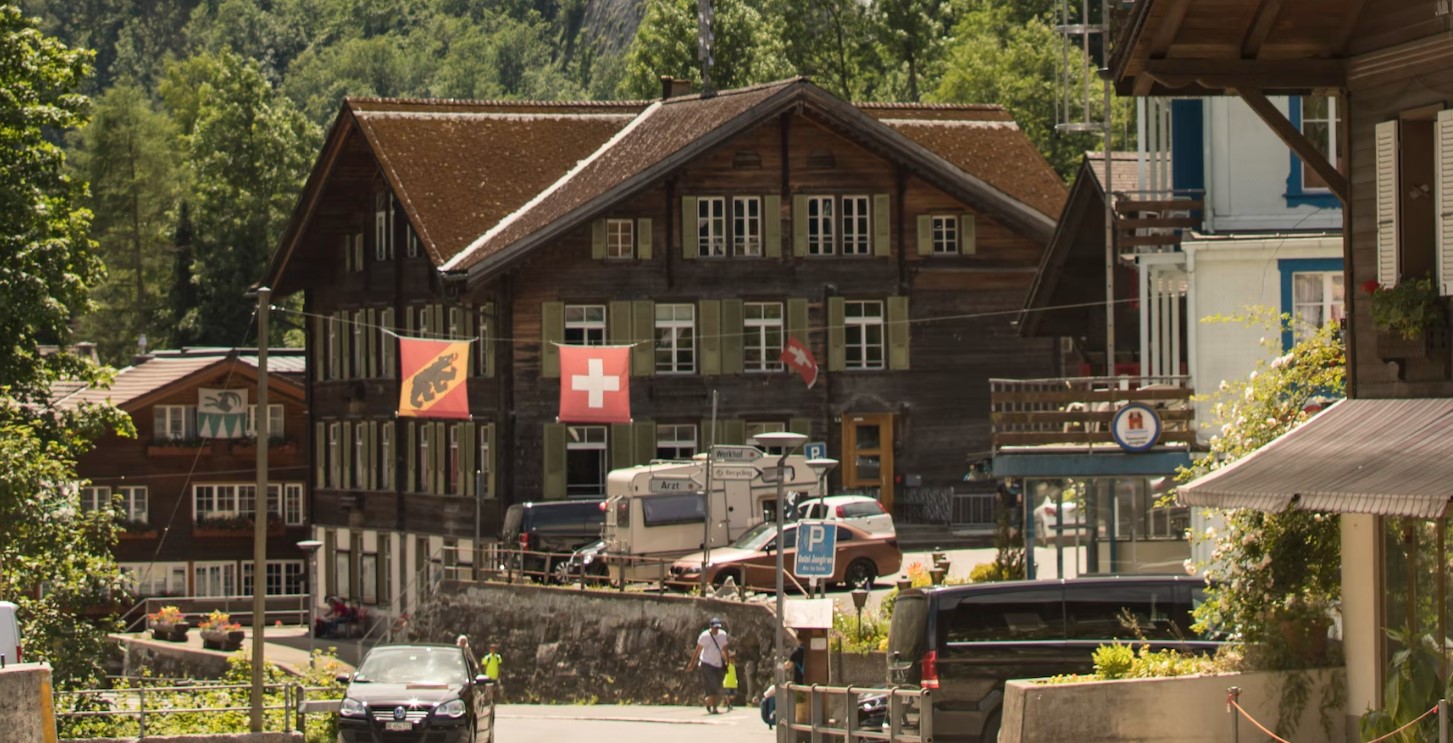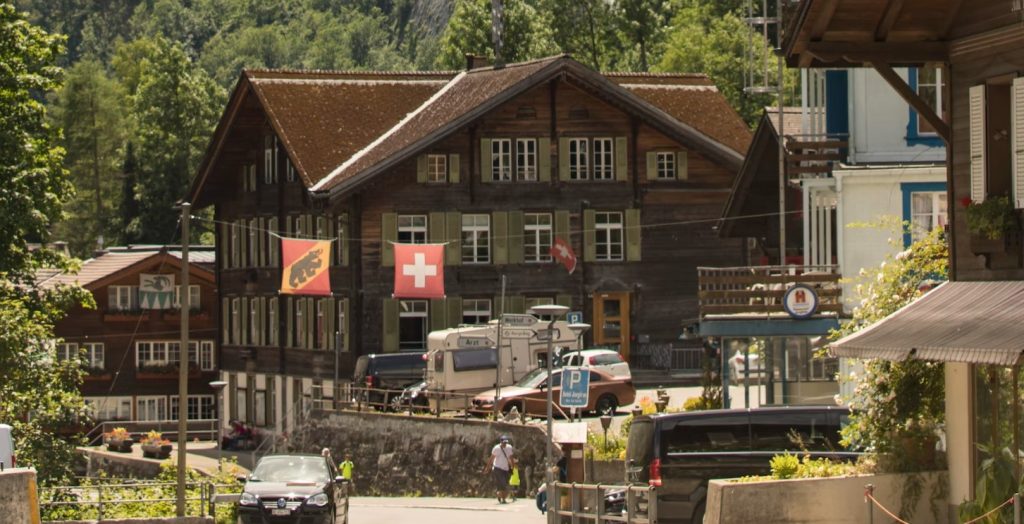
Under the guise of “ecological sustainability”, Swiss People’s Party (SVP) is planning a new campaign on immigration, calling for the renegotiation of international treaties, or even their denunciation, as soon as Switzerland reaches 10 million inhabitants.
The most popular party in Switzerland is strongly opposed to continued mass immigration and has therefore pushed for a referendum on the issue.
The SVP has argued that this unbridled population growth model is not only unsustainable, but will never result in economic growth. The party’s National Councilor Manuel Strupler said migrants “diluted” the values of Switzerland. He questioned “quantitative” immigration which did not guarantee higher per capita growth.
“At some point, someone will have to pay the costs of our current policy. We have a duty to the next generation to preserve the values that have made Switzerland successful,” he added.
Marcel Dettling, the SVP’s campaign manager, has warned that economic migrants, especially from groups known for not integrating, would only contribute to Switzerland’s already alarming prison population data.
“Today, there is very strong economic migration,” he said. “Whoever has set foot in Switzerland will never leave the country. Migrants from Africa have welfare rates of 34 percent.”
Dettling added: “Our country is cracking in every corner. We are going through the debacles of recent years. If we don’t intervene, we will be overtaken by events.”
Text on referendum is ready
The text for the referendum has been finalized to conclude that Switzerland’s population should not exceed 10 million until 2050. After 2050, this limit may be increased but only as a result of organic, surplus births.
Over the past 20 years, Switzerland’s population has increased by 21 percent. Currently the number of inhabitants has almost reached 9 million. When the 10 million mark is hit, the government should announce “rigorous measures,” including the Federal Council abandoning international agreements, such as the UN migration pacts or EU treaties relating to free movement.
Not only the ongoing war in Ukraine, but also a conflict brewing between Serbia and Kosovo could significantly boost refugee numbers to Switzerland.
For SVP National Councilor Thomas Matter, a “red alert” over Switzerland’s rising population must be sounded, since “this is the last moment when we can still change something for Switzerland”.
“The migration figures are hair-raising. In 2022, Switzerland will have 200 000 more inhabitants, the population of the canton of Basel-City.” According to Matter, the country’s financial reserves for education, health and transport are exhausted.
“If Switzerland grows so strongly again over the next 20 years, everything will collapse. It is urgent to leave the model of quantitative growth for qualitative growth.”
According to Matter, population growth has been sapping economic growth and pushing the country into a recession. He pointed out that while the population increased by 2,5 percent in 2022, per capita income only rose by 2 percent.
“They want us to believe that immigration rhymes with growth. But in reality, we are heading towards a recession,” he explained.
France and Germany have closed their borders to illegal immigration from Switzerland, as the country is increasingly seen as a transit area. He warned that “a disaster was brewing”.
SVP’s 2014 referendum was watered down
Switzerland has held a number of referendums on the issue of immigration in the past, including the famous 2014 referendum “against mass immigration,” which won with 50,3 percent of the vote. It was designed to place strict quotas on immigration, but despite winning the vote, the referendum was watered down by the Swiss parliament.
The EU warned Switzerland that free movement was non-negotiable, and failing to adhere to this principle would render all EU agreements null and void.
The SVP harshly criticized the final agreement, which failed to implement immigration quotas and called it “a betrayal of voters’ wishes” and unconstitutional. At the same time, the EU commission celebrated the “hugely watered-down version of the initiative”.

